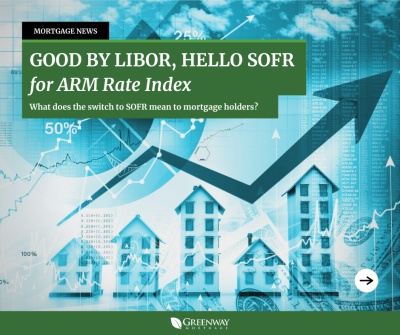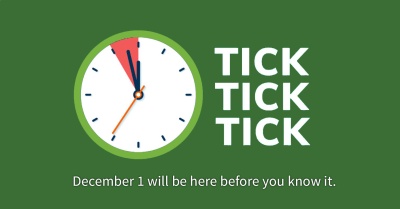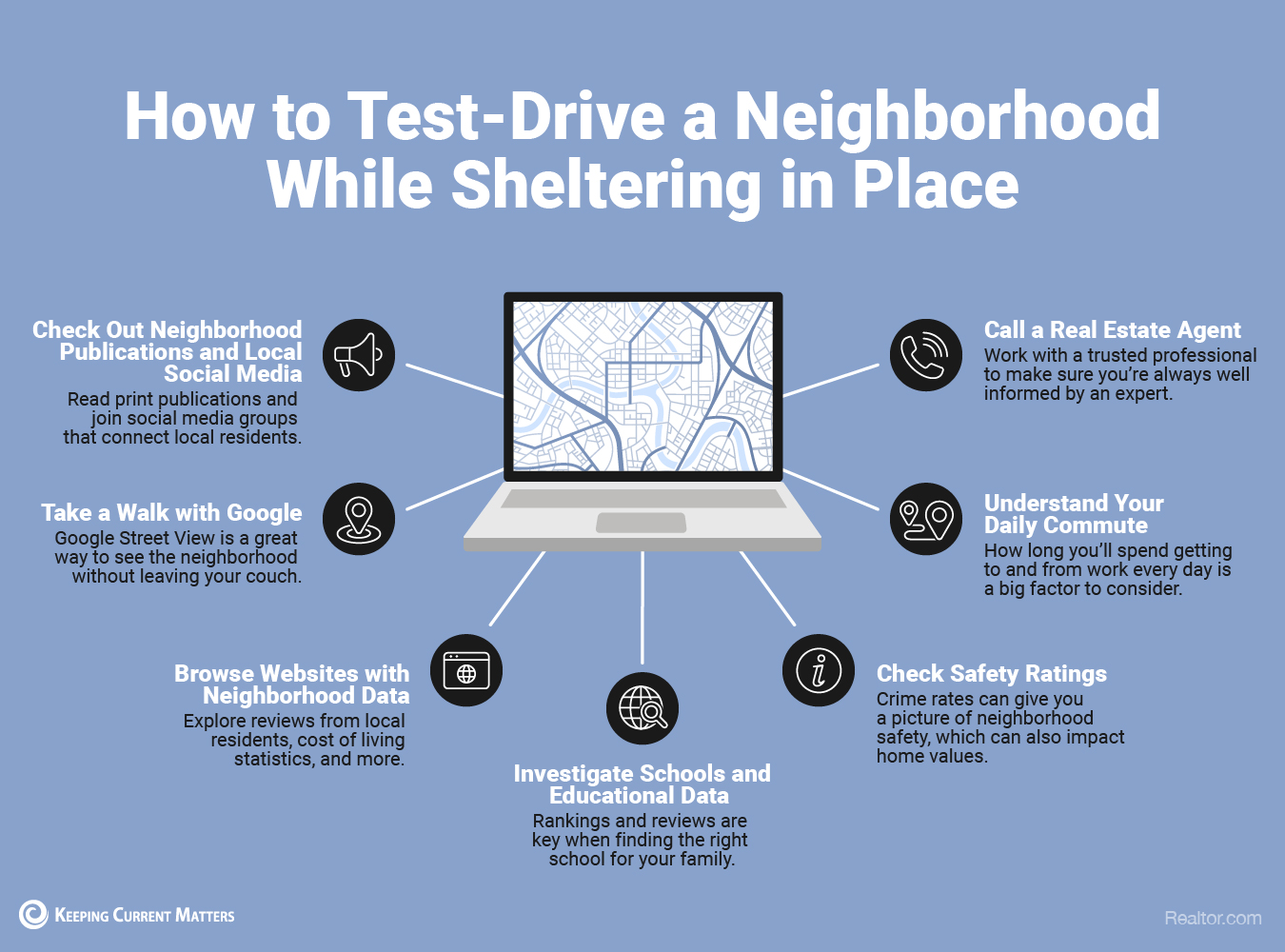FHFA Raises Conforming Loan Limits for 2021

On November 24, 2020 the Federal Housing Finance Agency (FHFA) announced an increase in the maximum conforming loan limits for mortgages acquired by Fannie Mae and Freddie Mac in 2021.
The maximum loan limit for one-unit properties will be $548,250 an increase from $510,400 in 2020. Release.
The decision was based on the recovery of housing prices under the Housing and Economic Recovery Act of 2008 (HERA). They require that the baseline conforming loan limit be adjusted each year for Fannie Mae and Freddie Mac to reflect the change in the average U.S. home price.
FHFA third quarter 2020 House Price Index (HPI) reported that house prices increased 7.42%, on average, between the third quarters of 2019 and 2020. The baseline maximum conforming loan limit in 2021 will increase by the same percentage.
For areas in which 115 percent of the local median home value exceeds the baseline conforming loan limit, the maximum loan limit will be higher than the baseline loan limit.
A list of the 2021 maximum conforming loan limits for all counties and county-equivalent areas in the country can be found here.
WHAT DOES THIS CHANGE MEAN FOR HOMEOWNERS AND HOMEBUYERS?
This means YOU may be able to:
-
Purchase a higher priced home with more financing options, possibly including lower rates.
-
Refinance an existing, higher-rate “jumbo” loan and possibly drop mortgage insurance.
-
Combine 1st and 2nd mortgage
Contact your Greenway Mortgage loan officer today for more details about how the increase can impact you.
Goodbye LIBOR, Hello SOFR for ARM Rate Index

A change is underway in the world of adjustable-rate mortgages and mortgage-backed loans such as revolving home equity lines of credit, known as HELOCs. For decades, the rates on those loans and a variety of other financial products were determined by an index called the London Interbank Overnight Rate (LIBOR). This is now being phased out in favor of a new index called the Secured Overnight Financing Rate (SOFR). Sometime after 2021, LIBOR is expected to be discontinued. However, the transition has already begun.
-
A benchmark interest rate at which major global banks lend to one another in the international interbank market for short-term loans.
-
A forward-looking average rate, computed daily, at which a contributor bank can obtain unsecured financing in the London interbank market, in a process overseen by the ICE Benchmark Administration (IBA). Based partially on market-data “expert judgment”.
-
Based on 5 currencies: the U.S. Dollar, Euro, British Pound, Japanese Yen and Swiss Franc.
-
Incorporates a built-in credit-risk component because it represents the average cost of borrowing by a bank.
-
LIBOR has 7 varying rates on terms of one day to one year.
-
LIBOR is a critical component of the financial system, hardwired into not only global derivatives but also business loans, securitizations, floating rate notes, adjustable mortgages, and student loans.
-
Unlike LIBOR, SOFR is a secured overnight (backward looking), risk-free rate based on actual transactions collateralized by Treasurys.
-
It is an influential interest rate that banks use to price U.S. dollar-denominated derivations and loans.
-
Purely a daily rate.
-
Seen as preferable to LIBOR since it is based on data from observable transactions rather than on estimated borrowing rates. Also, because these transactions can be observed by anyone, it’s also less easily manipulated.
-
Some adjustable (or variable) rate loans and lines of credit like adjustable-rate mortgages (ARMs)
-
Reverse mortgages
-
Home equity lines of credit
-
Credit cards
-
Auto loans
-
Student loans
-
And any other personal loans
Mortgage News Announcement | Beat the Rush on a Refi

In mid-August, Fannie Mae and Freddie Mac imposed an “adverse market conditions” fee on conventional refinance transactions equal to one-half of one percent of the loan amount causing an industry uproar and spike in rates.
Last week, they offered a short reprieve by delaying the fee until December 1st. However, this fee will likely begin to impact refi rates well before since lenders cannot be certain if a loan will be delivered before the deadline.
Rates are currently near all-time lows but will trend higher as the deadline nears. It is imperative to start the process as soon as possible and get your file in queue before volume leads to longer turn-times.
If you are interested in saving money each month; accessing cash from your home’s equity for any reason; or shortening your loan term, please reach out as soon as possible to discuss your scenario.
December may seem far away, but a lot of interested homeowners are likely to pursue a refinance before the fee increase, and the sheer volume may lead to delays. It’s wise to get started now.
How to Test-Drive a Neighborhood While Sheltering in Place
Staying at home doesn’t mean your search for a new place needs to come to a standstill. Check out these tips on how to explore other neighborhoods virtually in the homebuying process. You may find a spot that better suits your needs without ever leaving your living room!

#1 - Check out neighborhood publications and local social media
An active neighborhood community will sometimes have a print publication or local social media groups that connect residents. These can provide information on local events and activities that will give you a better feel for the neighborhood. In addition, you can also browse Facebook, Twitter, and Instagram for groups or accounts that document what's going on in the neighborhood where you're interested in moving. Try interacting with locals in the community who can give you their opinions of their locale.
#2 - Take a Walk with Google
Stroll around your potential new neighborhood without leaving the couch! It's easy. Google street view is a great way to view the street and neighborhood virtually. You can access Google Street View by clicking here. Each listing on realtor.com features a link to the Google Street view for that address as well.
#3 - Browse Websites with Neighborhood Data
Gather as much information as you can on your next neighborhood. There are many websites that can help you! City-Data provides detailed city profiles about everything from cost of living to weather to average home prices. Plug in your ZIP code to AreaVibes to get a livability score. This will he you narrow down the best places to live. Yelp provides not only reviews on local cafes, restaurants, and nightlife, but also unfiltered reviews from local residents.
#4 - Search other Real Estate Listings
If you want to learn about the typical architectural styles and ages of home in a neighborhood, browse online listings on sites like realtor.com.
#5 - Call a Real Estate Agent
A real estate agent can help by using technology to test-drive the neighborhood for you. Once you've found a home you're interested in, get in touch with your agent for more information on the neighborhood. They will have a insider's perspective on the area and knowledge on home there too.
#6 - Investigate Schools & Educational Data
Areas with good schools typically maintain property values, and its neighborhoods are high coveted.
#7 - Check Crime Rates
Safety is a priority for both buyers and renters, and crime rates can give you a picture of how safe or dangerous a neighborhood is. Low crime rates are not only safer but can also help keep property values high.
8- Plan Daily Commute
Get a feel for the neighborhood by monitoring traffic and your work commute. You can use tools like Waze or Google Maps which will help predict the level of traffic during your commute hours.
A real estate professional can help you with all of the additional steps along the way, so you’re ready to make your next move. Be sure to get in touch with Greenway Mortgage for all your home financing needs.
Protect Your Credit During COVID-19

Your credit is one of the most important items when it comes to your financial health. Even in the best of the times, maintaining healthy credit can be an overwhelming task, let alone during the economic uncertainties related to the COVID-19 pandemic.
What can you do to protect your credit in the months to come? Keep reading to learn what you can do on your own to prepare.
-
How long will my arrangements last?
-
Can it be renewed?
-
Will interest continue to accrue on your account?


.png)


.png)

